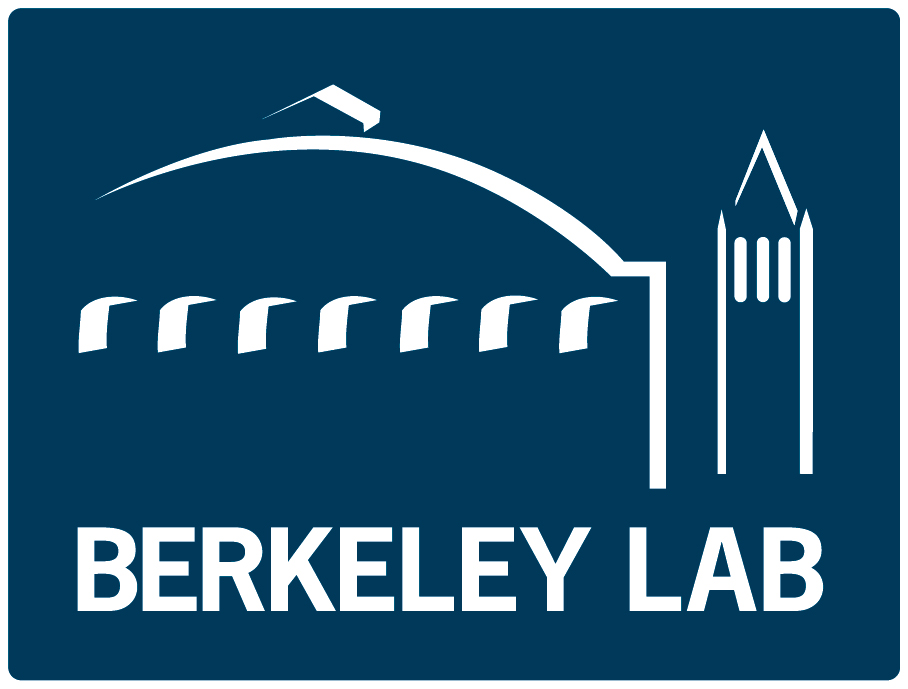APPLICATIONS OF TECHNOLOGY:
- Biomass-based dispersant
- Potential bio-product to replace polyacrylic acid
- Depolymerization of lignin
ADVANTAGES:
- Enables control over the distribution of water-soluble products
- Uncomplicated, cost-effective process
ABSTRACT:
Researchers at Berkeley Lab’s Joint BioEnergy Institute (JBEI) have developed a new technology to break down water-insoluble lignin, enabling its conversion into value-added soluble polyacids that provide a bio-based alternative to polyacrylic acid.
Potential applications include dyes, paints, concrete, pharmaceuticals, diapers, cosmetics, paper and paperboard, ceramics processing, and fouling inhibitors in cooling water systems
The technology utilizes chelator-mediated Fenton chemistry and preincubation of the lignin with FeCl3 and dihydroxybenzene (DHB), with addition of H2O2 to convert lignin into water-soluble products. The JBEI approach uses a room temperature reaction and dilute solutions of DHB and FeCl3. It also enables control over the distribution of water-soluble products by controlling the time of reaction and/or the amount of lignin relative to the amount of H2O2.
The JBEI technology improves over current approaches that require high-energy consumption and waste emission. This approach to lignin depolymerization will be of potential value in a wide range of applications, and can significantly improve the economics of biorefineries.
DEVELOPMENT STAGE: Proven principle.
STATUS: Published U. S. Patent Application #15/965,758 (Publication 2019-0002490 A1). Available for licensing or collaborative research.
SEE THESE OTHER BERKELEY LAB TECHNOLOGIES IN THIS FIELD:
Low Temperature Lignin Dissolution, Depolymerization 2015-080
